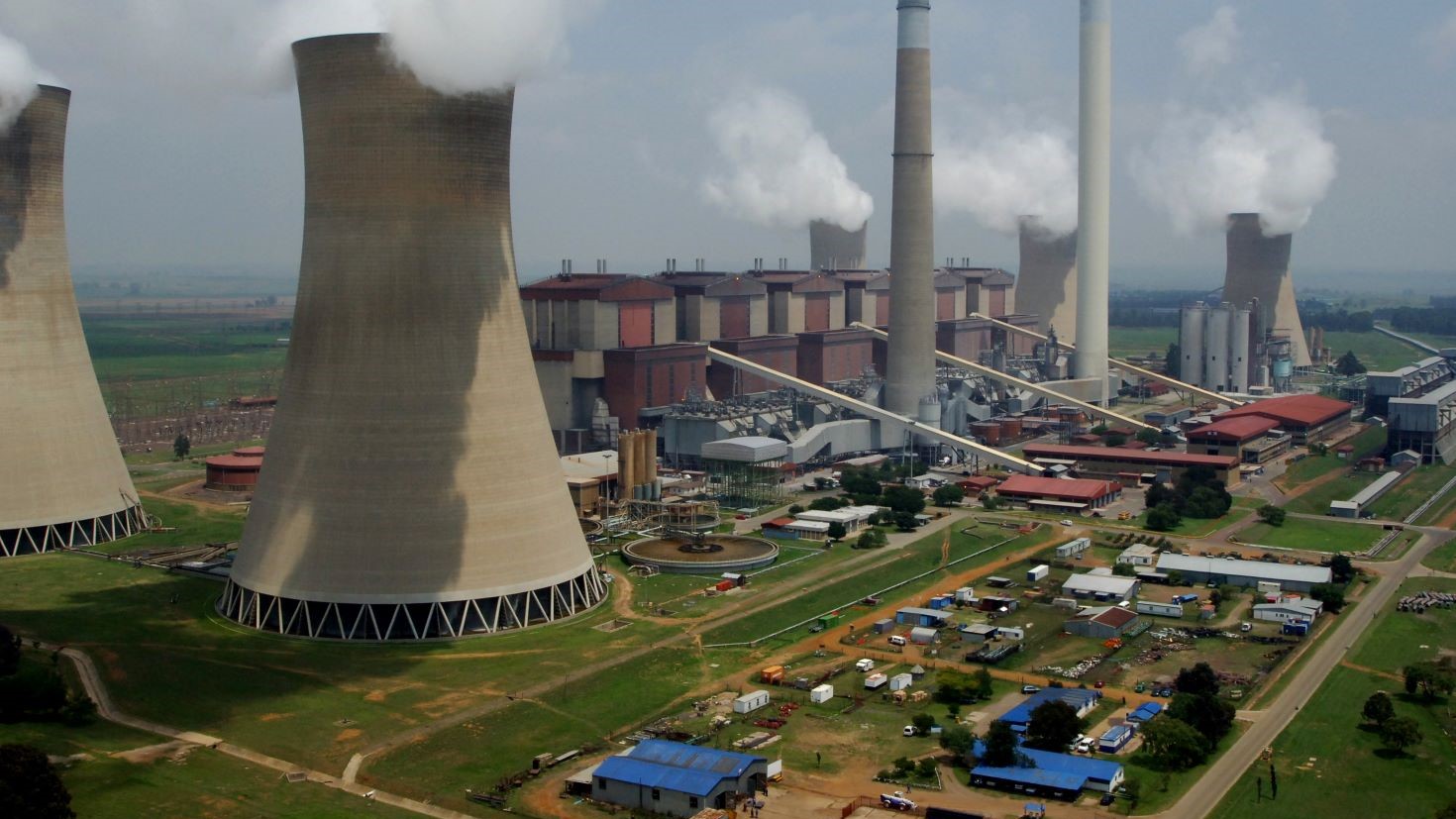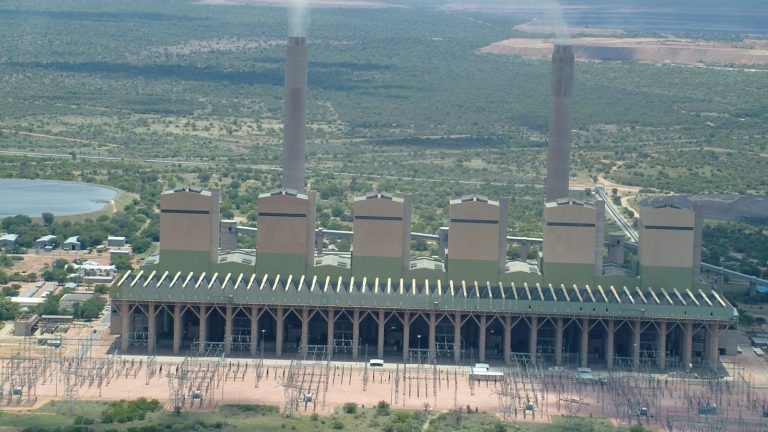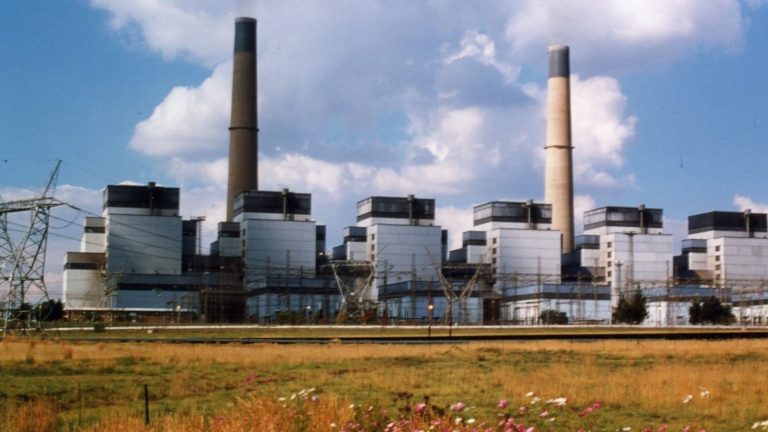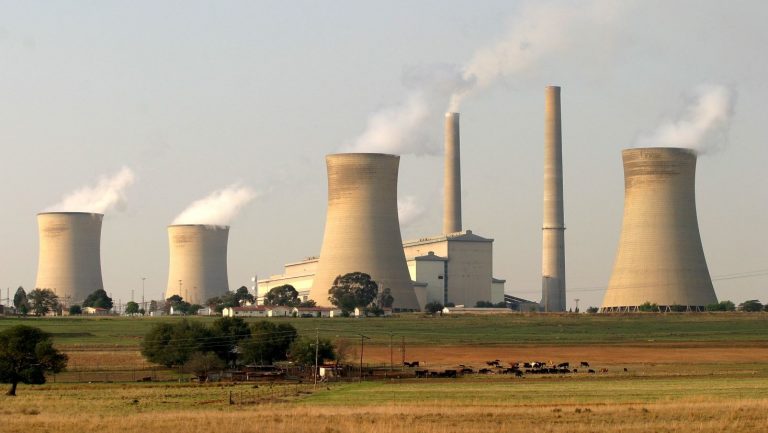Power system is stable, existing restraints remain and 3 170MW to return ahead of Tuesday evening peak
Friday, 13 June 2025: The power system remains stable and continues to demonstrate resilience amid rising electricity demand driven by colder weather conditions. While occasional system constraints do occur, adequate emergency reserves are in place and are being strategically deployed to support demand during morning and evening peak periods, particularly as temperatures continue to drop. Eskom confirms that there is sufficient supply to meet electricity demand over the upcoming long weekend.
Eskom continues to make steady progress as we move beyond the peak maintenance season, with the average Planned Capability Loss Factor (PCLF) for this week (6 to 12 June) at ~4 087MW. As a result, the Energy Availability Factor (EAF) has been recovering, now fluctuating between 60% and 64%. Month-to-date, the EAF has increased to 60.56%, reflecting the additional generation units returning from planned maintenance.
For the financial year-to-date, planned maintenance has averaged at 5 793MW, representing 12.36% of total generation capacity. This reflects a decrease from the previous week, but a 1.6% increase compared to the same period last year.
We plan to return a total of 3 170MW of generation capacity to service ahead of the evening peak on Tuesday, 17 June 2025, to further stabilise the grid.
The Unplanned Capacity Loss Factor (UCLF), which measures the capacity lost due to unplanned outages, stands at 29.05% for the financial year to date (1 April to 12 June 2025). This marks a slight increase of approximately 1.3% compared to 27.79% during the same period last year. The rise in unplanned outages is partly attributed to delays in returning units from planned maintenance amounting to 1 800MW, including 800MW from Medupi Unit 4 since 1 June 2025.
Diesel usage is expected to decline further as more units return from long-term repairs and maintenance activities are reduced, increasing available generation capacity.
The year-to-date OCGT load factor stands at 11.98%, representing a 0.30% increase from the previous week. This is higher than the 5.37% recorded during the same period last year.
The diesel expenditure is still within budget for the current financial year.
The Winter Outlook, published on 5 May 2025, covering the period ending 31 August 2025, remains valid. It indicates that loadshedding will not be necessary if unplanned outages stay below 13 000MW. If outages rise to 15 000MW, loadshedding would be limited to a maximum of 21 days out of 153 days and restricted to Stage 2.
Key Performance Highlights:
- From 6 to 12 June 2025, unplanned outages averaged 14 738MW, representing an increase of 3 114MW compared to the same period last year and 1 738MW above our base case of 13 000MW. For the financial year to date, average unplanned outages stand at 13 871MW. The increase in unplanned outages is largely driven by outage slips. This week’s higher unplanned outages continue to include the 800MW delay in returning Medupi Unit 4, which is coming from a long-term recovery project.
- The month-to-date Energy Availability Factor (EAF) has improved to 60.56%, while the year-to-date EAF has also shown an upward trend, reaching 58.06%. However, this still represents a 2.92% decline compared to the 60.98% recorded during the same period last year. The decrease is largely due to a 1.6% year-on-year increase in planned maintenance. It is important to note that these figures exclude the 720MW from Kusile Unit 6, which, although not yet commercially operational, is already contributing to the national grid.
- Year-to-date, Eskom spent approximately R4.16 billion on fuel for the OCGT fleet, generating 716.35GWh. This is higher than the 321.16GWh generated during the same period last year.
- The Open-Cycle Gas Turbine (OCGT) load factor increased to 14.79% this week, compared to 6.31% in the previous week (30 May to 5 June 2025).
Protect transformers this winter – avoid illegal connections and prevent power failures
While loadshedding remains suspended and electricity demand continues to rise during the winter period, Eskom urges the public to avoid illegal connections and energy theft. These activities often lead to transformer overloads, equipment failures, and in some cases, explosions and extended outages, prompting the need for load reduction to protect the network. To help maintain a stable electricity supply this winter, customers are encouraged to purchase electricity only from Eskom-accredited vendors and take responsibility by regularising their electricity usage.
Eligible households are encouraged to register for free basic electricity with their local municipalities.
Any illegal activity impacting Eskom’s infrastructure should be reported to the Eskom Crime Line at 0800 112 722 or via WhatsApp on 081 333 3323.
Eskom encourages all South Africans to use electricity efficiently throughout the winter season. To help manage household electricity consumption, Eskom customers are encouraged to use the Eskom Residential Calculator, a convenient tool for tracking and optimising energy usage: https://www.eskom.co.za/distribution/residential-calculator/
Eskom will provide an update on Friday, 20 June 2025, or promptly communicate any significant changes as soon as they occur.
ENDS








